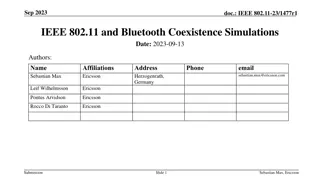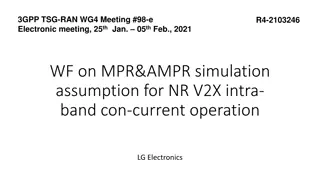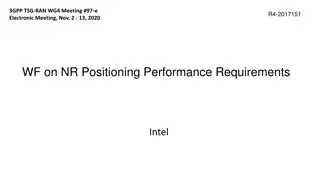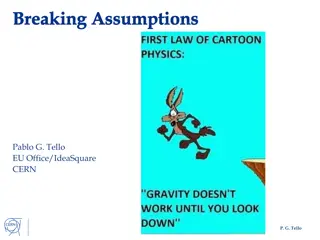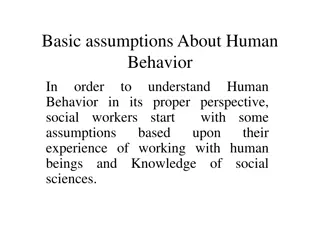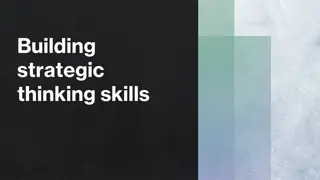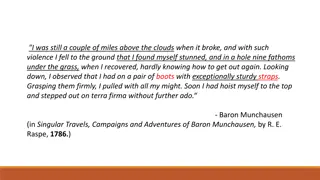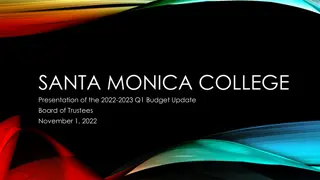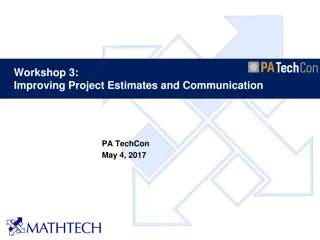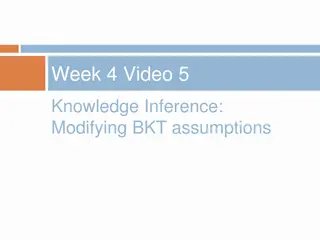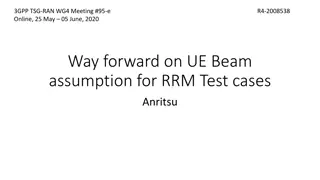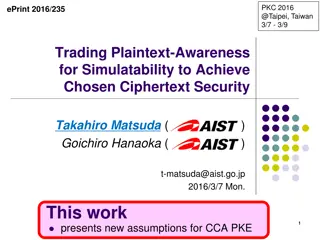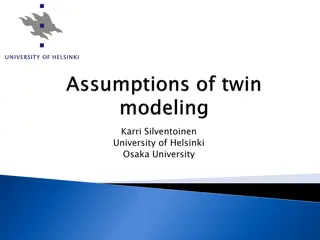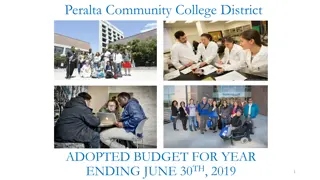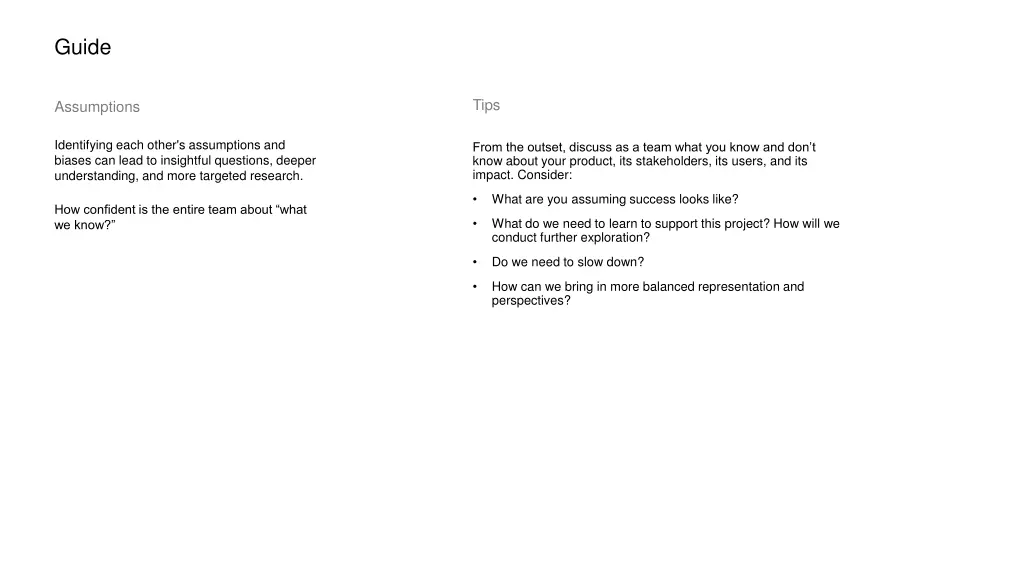
Effective Team Strategies for Targeted Research
Enhancing team collaboration by identifying assumptions and biases, exploring what is known and unknown about the project, discussing questions, and planning further research to achieve success.
Download Presentation

Please find below an Image/Link to download the presentation.
The content on the website is provided AS IS for your information and personal use only. It may not be sold, licensed, or shared on other websites without obtaining consent from the author. If you encounter any issues during the download, it is possible that the publisher has removed the file from their server.
You are allowed to download the files provided on this website for personal or commercial use, subject to the condition that they are used lawfully. All files are the property of their respective owners.
The content on the website is provided AS IS for your information and personal use only. It may not be sold, licensed, or shared on other websites without obtaining consent from the author.
E N D
Presentation Transcript
Guide Tips Assumptions Identifying each other's assumptions and biases can lead to insightful questions, deeper understanding, and more targeted research. From the outset, discuss as a team what you know and don t know about your product, its stakeholders, its users, and its impact. Consider: What are you assuming success looks like? How confident is the entire team about what we know? What do we need to learn to support this project? How will we conduct further exploration? Do we need to slow down? How can we bring in more balanced representation and perspectives?
What do we know? How do we know that? Add here Add here Add here Add here Add here Add here Add here Add here Add here Add here Add here Add here
What questions do we still have? How will we answer them? Add here Add here Add here Add here Add here Add here Add here Add here Add here Add here Add here Add here
Example What do we know? How do we know that? Community leaders use technology to share resources with community members. Interviews with community leaders Community leaders have an extensive knowledge about their community and the resources that are available. Interviews with community leaders Interviews with community leaders and members Community members use technology to access resources. Community members will still want to have physical interaction with community leaders. Interviews with community leaders and members
Example What questions do we still have? How will we answer them? Interviews Are there city-mandated technologies you are required to use? Interviews What other technology are they using currently? Interviews Do they do any form of screening? Interviews What kind of data are they collecting? Interviews How do you send out community resources to members? Interviews How do your clients hear about you?

